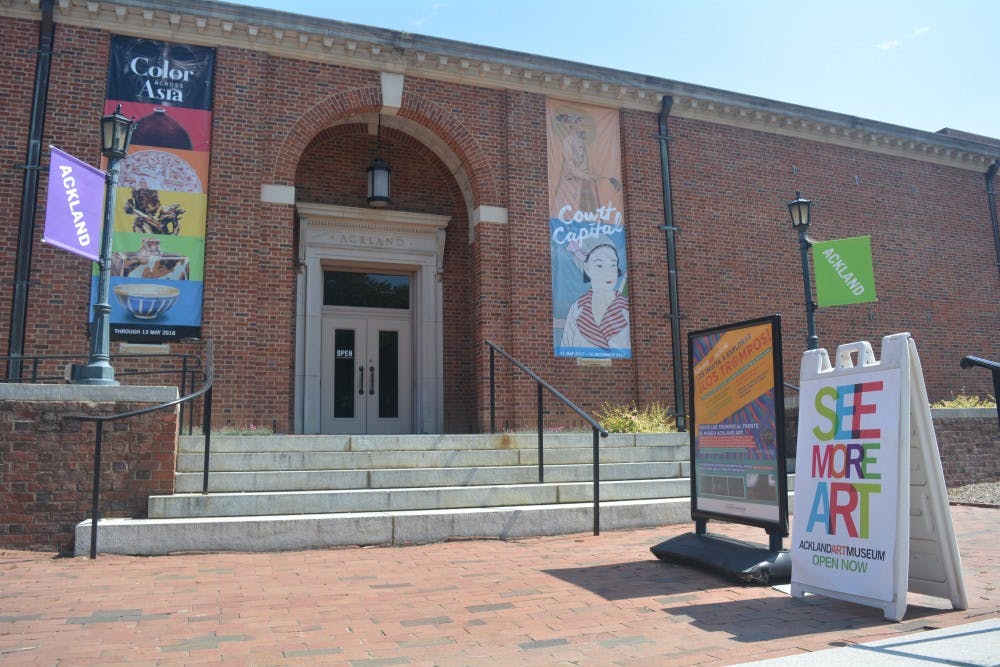In late 1986, William Arnett, a private art dealer, met an African-American artist that confirmed Arnett’s suspicions that a large, untapped body of African-American art existed in the U.S.
Arnett began to create a collection of Southern African-American art, mostly procured from self-taught artists. His collection eventually grew to over 1,200 different works that included more than 160 artists.
Recently, UNC-Chapel Hill's Ackland Art Museum announced that they would be receiving 12 pieces from Souls Grown Deep Foundation, the organization responsible for distributing the works that Arnett and his three sons collected.
Vice Provost for Academic Initiatives, Carol Tresolini, oversees the Ackland and was positive about the new works.
“The Ackland is dedicated to having a comprehensive collection of art that represents a multitude of genres, a multitude of places, a multitude of times in history," Tresolini said. "And I think that this collection helps us to, again, round out that comprehensive collection and add a dimension to the overall Ackland collection that, I think, will resonate deeply with members of the community that study the American south.”
This donation is a continuation of the close relationship that UNC and the Souls Grown Deep Foundation have had over the years. Professor Bernard Herman, who was the chair of the American Studies department until recently, was instrumental in developing this relationship. A Board of Trustees member for Souls Grown Deep, Herman will be curating the recently received collection as well as the 35 previous works that Ackland received from the Foundation.
In addition to curating the exhibit that is planned to be displayed in 2020, Herman is working with various other scholars to create two books. One will be a collection of essays discussing the works and their context, the other will be a comprehensive catalog of all nearly 50 pieces that the Ackland possesses.
“We sort of talked about what we wanted to add, what we already had, things that would give us a better rounded collection," Katie Ziglar, the director for the Ackland, said about the process of acquiring the new works. "We informed Maxwell Anderson, the head of the foundation that runs Souls Grown Deep. He is a pretty revered figure in the museum field, he has been director of a number of museums and this is his latest role. We let Max know the things we were interested in acquiring.”
The collection should pair well with previous donations from Souls Grown Deep which gave their complete set of records to the Southern Folklife Collection at Wilson Library. The records include various photos, audio-visual recording, correspondence and unpublished writings.



